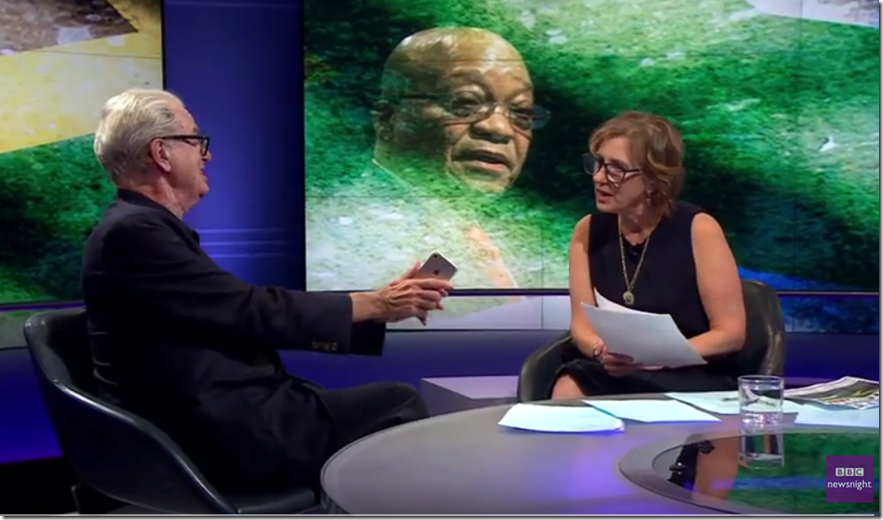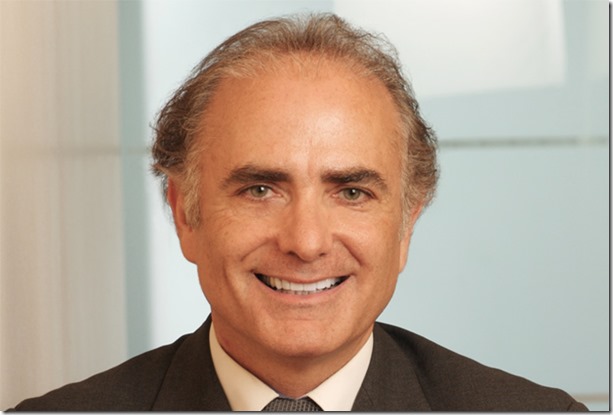Angry Media Guests
Michael Pento, chief economist for Delta Global Advisors, appeared on CNBC earlier this week.
His aggressive, boorish, and taunting behavior led host Erin Burnett to call him rude, to which Mr. Pento responded by rolling his eyes dismissively.
At the end of the interview, Ms. Burnett scolded him again, saying, “Michael, if you’re going to come back on this show, please just be a little more polite and gracious about how you present your points of view, okay?”
All of this leads to a question I’m occasionally asked during media training workshops: Is it ever appropriate to express anger during a media interview? The answer is almost always “no.”
First, most people in the audience tune in to a program because they like the host. If the audience hated Ms. Burnett, they’d likely tune in to a competitive network.
Second, Mr. Pento’s anger obscured the substance of the point he was making. Instead of passionately advancing his beliefs, he distracted the audience with his hostility.
And finally, is this really the brand Delta Global Advisors wants to build?
I can think of only two instances in which anger is acceptable during a media interview:
- If you are the victim of a horrific act, the audience will probably not hold your expression of anger against you. But that’s a pretty high threshold to cross – a woman discussing the murderer who killed her spouse, for example, would be forgiven for being angry.
- If you are a public official or spokesperson speaking on behalf a group that has experienced a grave injustice, the public may forgive your anger – as long as it’s controlled, purposeful ,and directed. But again, the threshold here is high – a spokesperson from an international aid organization decrying the world’s indifference to an African nation’s genocide may be forgiven. But a little anger goes a long way – too much, and the public will tune out.
For most of us, anger distracts the audience from the central point you’re trying to communicate and becomes the message itself. That doesn’t mean you can’t express displeasure – you can. But the guest who remains in control while doing so will almost always be viewed more favorably than a boorish financial analyst.


